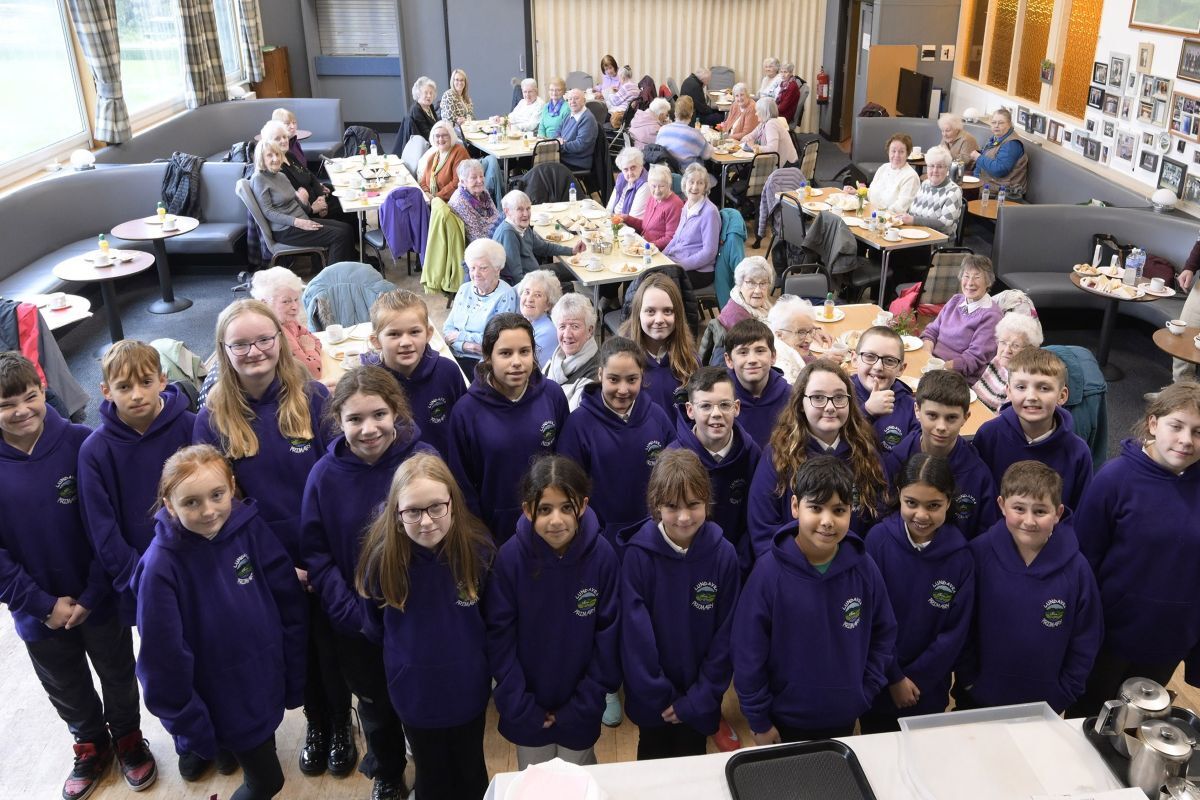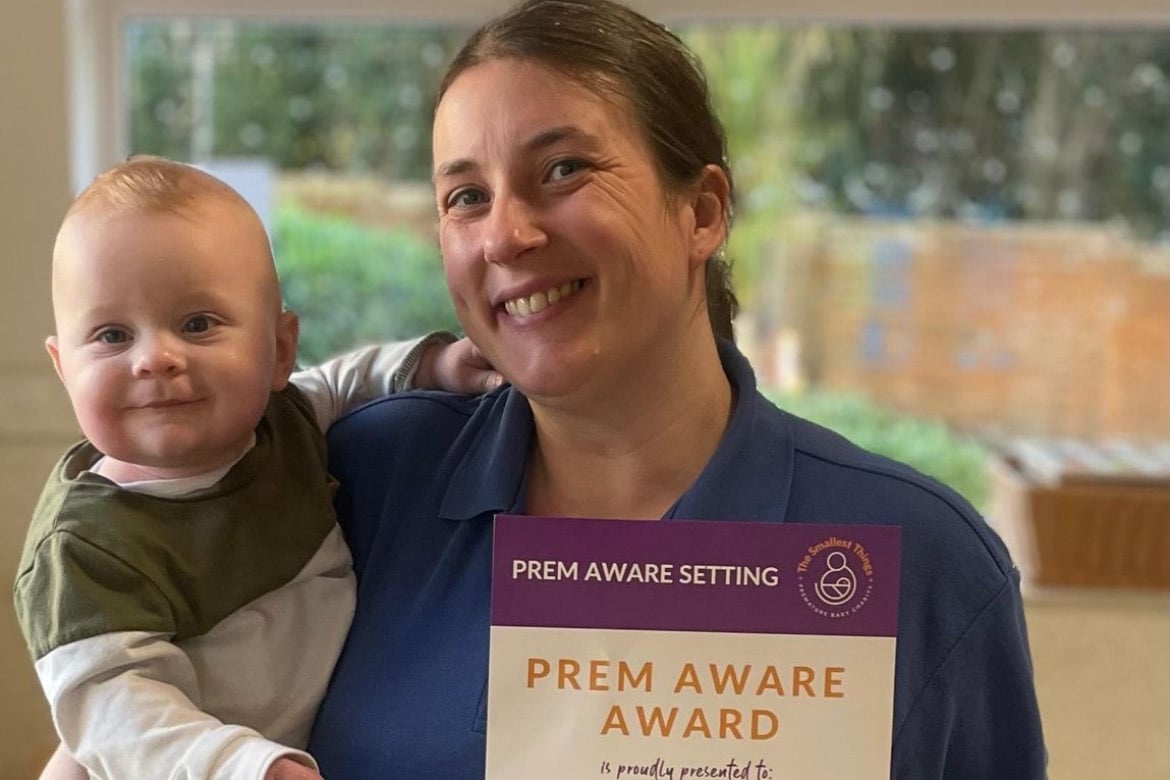Education Secretary Bridget Phillipson emphasized the importance of parental involvement in decisions regarding school closures during her visit to North Tyneside on Friday. Her comments come amid significant public concern over proposed school closures and mergers in the area, driven by declining pupil numbers linked to a drop in birth rates.
Phillipson’s visit to Battle Hill Primary School addressed plans from local authorities to close Monkseaton Middle School and merge other schools, including Forest Hall Primary with Ivy Road Primary, and Greenfield Primary with Hazlewood Primary. The potential changes have sparked outrage among parents, who fear the impact on their communities and children’s education.
The Institute for Government recently reported that approximately 23,000 primary school classrooms across England are currently empty. This alarming statistic underscores a growing trend that could affect educational institutions nationwide. Phillipson acknowledged the emotional toll that school closures can have on families, stating, “Any closures and mergers can be upsetting and I appreciate it can be destabilising for families.”
During her remarks, she stressed the necessity for local authorities to engage parents in the decision-making process. “Local authorities, when considering closing or merging schools, have to go through a full statutory consultation process and parents can make their views known,” she said. Phillipson highlighted the importance of properly managing school capacities, especially as the country faces a decline in birth rates after a period of increased demand for school places.
As part of her visit, Phillipson also discussed innovative solutions for utilizing underused school spaces. She noted that at Battle Hill, there are plans to expand nursery provisions, thereby making better use of available facilities. “We are also thinking very carefully about how we can expand special educational needs (SEND) provision in schools,” she added. This includes increasing specialist support in mainstream schools and ensuring that existing resources are allocated effectively.
The situation in North Tyneside mirrors broader trends across the region, where falling birth rates have led to proposals to close Mickley First School and Prudhoe Castle First School starting September 2024. Education leaders have cautioned that such moves could significantly affect local communities.
According to the Institute for Government, primary school pupil numbers in the North East have dropped by 4.3% since 2019, marking one of the highest declines in England. In contrast, London has seen an even steeper decline, with a 8.1% drop in primary school students since the 2018/19 academic year. Coastal areas and rural communities, such as North Tyneside, are experiencing unique challenges, including a demographic shift that sees younger individuals moving away and retirees settling in.
Phillipson’s visit and statements highlight the critical need for collaboration between local authorities and families. As educational landscapes evolve, maintaining open lines of communication will be vital in addressing the concerns and needs of students and their families.






